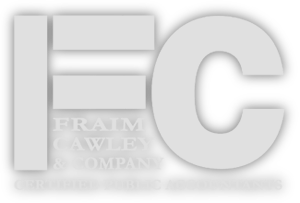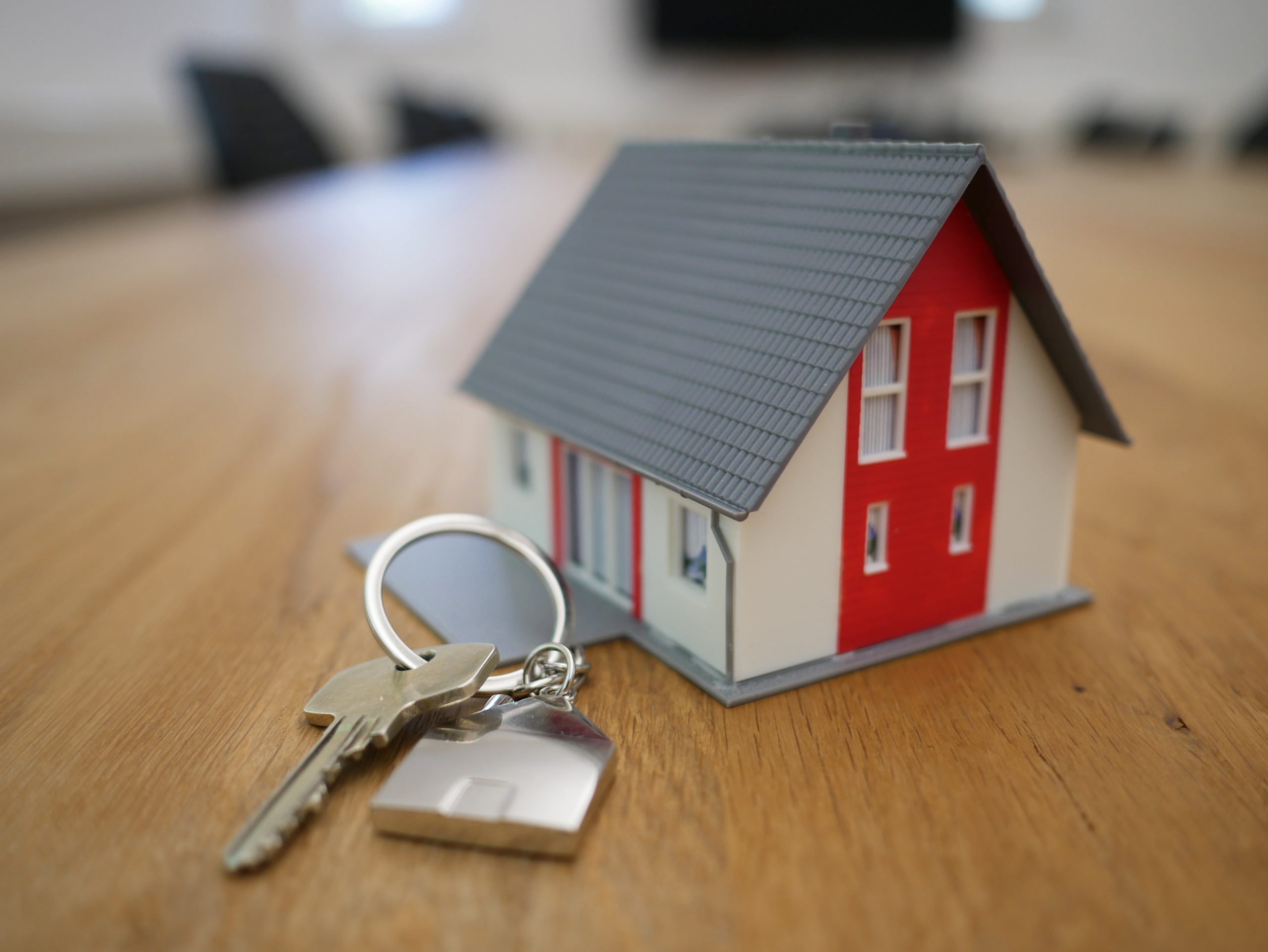Paying Off Mortgage Quickly? Not So Fast!
“Debt is the slavery of the free.” – Publilius Syrus
I used that same quote last year for an article on excessive corporate debt – highlighting how burdensome and crippling excessive debt can become to a business. I did note in the same article that debt can have some very real benefits and that using “OPM” (Other People’s Money) can be the appropriate course of action in many situations.
However, most people view debt in a negative light – and by and large that is a correct assessment. Many kinds of debt (credit cards use what we might call “spending debt” for example) serve no constructive purpose and charge outrageous interest rates. Even “good” debt can become ruinous if not managed properly. So, especially as it relates to personal/spending debt, we view being debt free as one of the ultimate financial goals. How can I say this subtly? PAY OFF YOUR CREDIT CARDS AND LOANS AS SOON AS POSSIBLE AND DON’T LET THIS HAPPEN AGAIN! <smile> At that point your assets are free and clear and you do not owe anything to anyone. And each month there is money freed up that once was earmarked for making those nasty loan payments. It’s a nice place to be.
From a financial perspective, however, this might not always make sense. There are possible exceptions to the get-out-of-debt-ASAP rule. One area where this could be true is your home mortgage. Now obviously very few of us are able to pay cash for a home purchase. We need to obtain a mortgage loan. However the question that arises is “should I pay off my mortgage early by making extra payments?” Intuitively, that seems to make sense. However given the historically low interest rates for mortgages over the past few years, it might make a lot of sense not to pay down your mortgage more quickly than is required.
Why?
- Mortgage interest rates are lower than they have been in years (like 50 years!) This means that while inflation and investment market rates of return increase, the rate of your mortgage stays constant. Let’s say your mortgage interest rate is 3.5% and the investment rate of return you might achieve over time is 8% (remember – there will be up years and down years, but we’re using 8% as a reasonable average annual target return over a period of years.) Paying down your debt is actually costing you money in the form of lost opportunity to put that money to work achieving an investment return.
- Mortgage interest is tax deductible if you itemize your deductions.
- The money you put into your house is not accessible unless/until you sell the house or perhaps get a home equity line. Let’s say you need some money quickly. It’s much easier to pull $10k out of your investment account than trying to pull equity out of your house.
At its most basic level the formula would be this:
If: (net investment total return after all related expenses minus income taxes paid on the investment return) is greater than (mortgage interest paid minus tax benefits) then you would not have made a good financial decision if you were to pay down your mortgage more quickly than is required.
(Note: the 8% annual investment return used in this example is not a guaranteed rate – particularly as it applies to shorter periods of 1-year, 2-years, etc. As mentioned above, there will be up years and down years in even the best-managed investment portfolio. But a mortgage is a long-term instrument, so looking at longer-term investment averages is not an unreasonable exercise.)
It’s important to note that this is an analysis from a financial standpoint. There is however an important behavioral perspective to consider. Mortgages are a type of forced savings – with the bill coming due every month. You do not have a choice whether or not to pay it. So if you are considering an investment program instead of paying down the mortgage, the following questions need to be posed – and answered honestly:
- What will you realistically do with the extra money if you do not pay down your mortgage? Will you put it in an investment or retirement fund or will you buy a new TV and take a fun trip?
- On the flip side if you pay down your mortgage at an accelerated rate are you truly going to continue to use that money (the previous mortgage payment amount) each month for savings and investments once the mortgage is paid off?
- In which scenario are you more likely to save and will you have the discipline to actually invest the funds as opposed to viewing it as “found money” to be used for unproductive spending?
The answer to these questions trumps everything else we’ve said so far. Projections and analyses regarding saving and investing are only worthwhile if you actually follow through on them!
There is no perfect answer. It all depends on the situation and individual. However, the way you approach this can amount to literally hundreds of thousands of dollars for retirement or other long-term goals. Food for thought. If you’d like to discuss which approach might be the best for you, give me a call.
Any accounting, business, or tax advice contained in this communication, including attachments and enclosures, is not intended as a thorough, in-depth analysis of specific issues, nor a substitute for a formal opinion, nor is it sufficient to avoid tax-related penalties.




